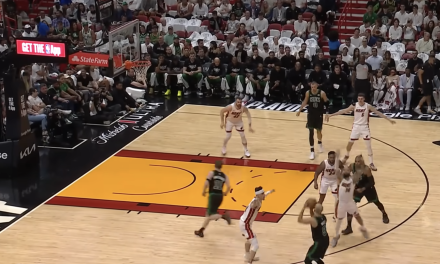Bill Maher’s Candid Critique
Unpacking His Critical View of U.S. Voters
Bill Maher, the acerbic comedian and political commentator known for his unapologetically blunt takes on current events, recently stirred controversy with his scathing assessment of U.S. voters. In a series of remarks on his HBO show “Real Time with Bill Maher,” Maher didn’t mince words, offering a pointed critique of American voters and their role in shaping the country’s political landscape.
Maher’s commentary, delivered with his trademark wit and candor, highlighted what he sees as a troubling trend of voter ignorance and apathy. “Americans are so uninformed, it’s like our country is a floating ball in ‘Idiocracy,'” Maher quipped, referencing the satirical film that portrays a dystopian future in which intellectualism is all but extinct.
Central to Maher’s critique is the notion that many voters are ill-equipped to make informed decisions at the ballot box, lacking the critical thinking skills and factual knowledge necessary to navigate complex political issues. He lamented the prevalence of misinformation and partisan echo chambers, which he argues have contributed to a broader erosion of civic engagement and political discourse.
Furthermore, Maher took aim at what he sees as a pervasive culture of tribalism and identity politics, which he believes has supplanted reasoned debate and ideological diversity. “We’ve become a nation of tribal know-nothings,” Maher remarked, decrying the rise of ideological echo chambers that prioritize loyalty to one’s tribe over intellectual honesty and factual accuracy.
While Maher’s critique may be provocative, it strikes a chord with many observers who share his concerns about the state of American democracy. In an era marked by deep political polarization and increasing distrust in institutions, questions about the efficacy of democratic governance and the role of informed citizenry have taken on renewed urgency.
However, Maher’s remarks have also sparked pushback from critics who argue that they overlook the systemic barriers to political participation faced by many Americans, particularly those from marginalized communities. They point to issues such as voter suppression, gerrymandering, and the influence of money in politics as significant obstacles to achieving a more robust and inclusive democracy.
Moreover, some critics accuse Maher of elitism and condescension, arguing that his characterization of voters as ignorant and uninformed is both simplistic and dismissive of the diverse perspectives and experiences that shape political beliefs. They contend that Maher’s brand of commentary risks alienating large segments of the population and further deepening divisions within society.
Regardless of where one stands on Maher’s critique, it has sparked an important conversation about the state of democracy in America and the responsibilities of both voters and political leaders in shaping its future. As the country grapples with a myriad of challenges—from the COVID-19 pandemic to economic inequality and racial injustice—questions about civic engagement, political literacy, and the health of democratic institutions are more pressing than ever.
Whether Maher’s commentary leads to meaningful change remains to be seen. But one thing is clear: his willingness to provoke uncomfortable conversations and challenge conventional wisdom is a testament to the enduring power of comedy and satire as vehicles for social and political critique. As Americans continue to wrestle with the complexities of self-governance, voices like Maher’s serve as a reminder of the importance of holding power to account and never losing sight of the principles upon which democracy is founded.






























South Florida Media Comments